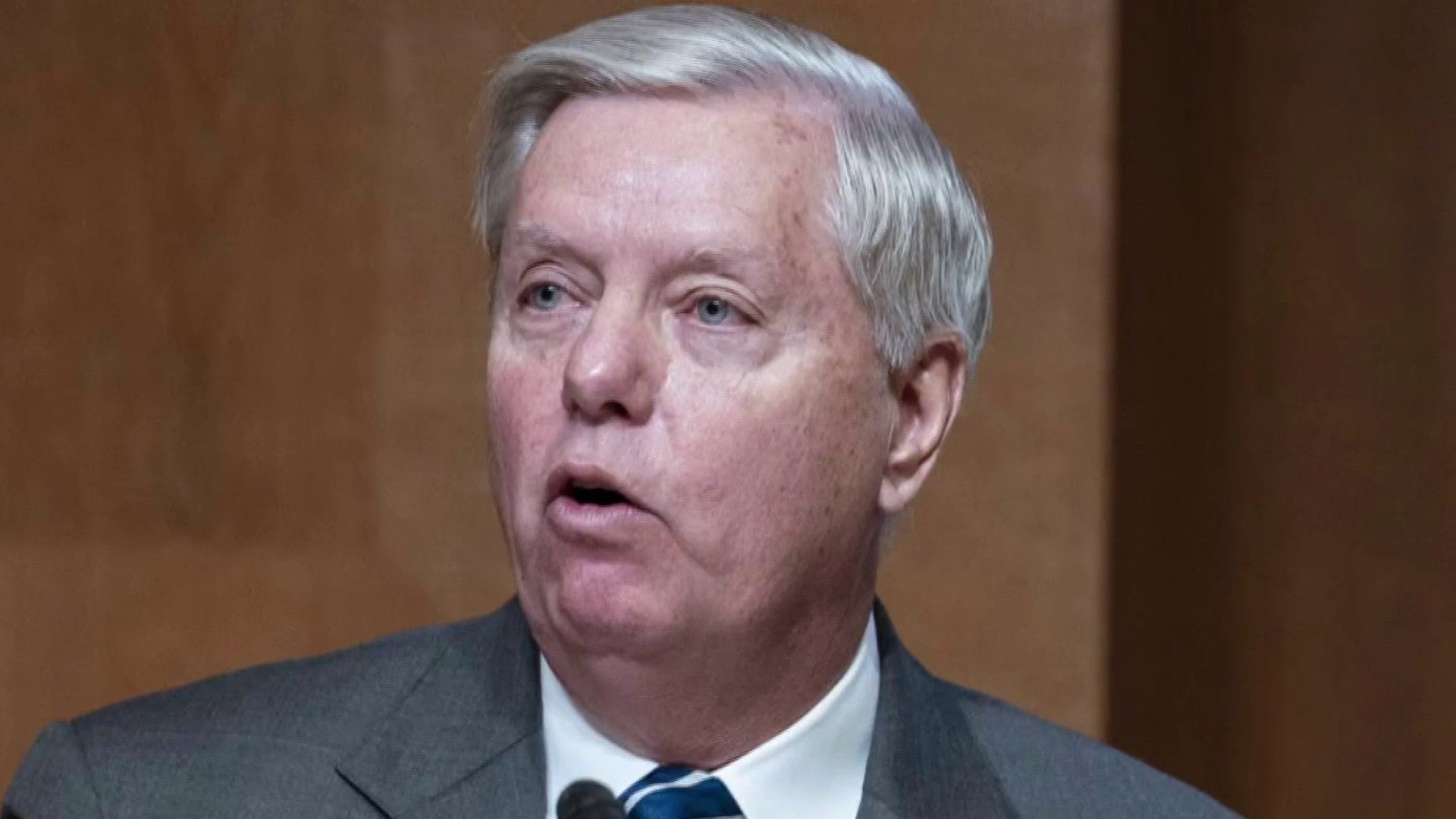
WASHINGTON — The Senate continued to vote Tuesday on amendments to the sweeping infrastructure legislation, working through some hiccups and tension about how quickly to move to a final vote.
Senate Minority Leader Mitch McConnell, R-Ky., warned Democrats not to “speed the process” by calling a vote Wednesday to end debate, saying he’d encourage Republicans to filibuster the bill if so.
“There’s an excellent change that it will be a bipartisan success story for the country. And to try to truncate an amendment process on something of this magnitude, I think, is a mistake,” McConnell said. “So my best advice to the majority leader would be that slow but steady wins the race.”
On Monday and Tuesday, the Senate voted on a series of amendments to the $555 billion legislation, which invests heavily in the nation’s roads and highways, public transit, water systems and broadband.
Several modest and bipartisan amendments were adopted, and others were defeated. None of them disrupted the core of the bill, which was led by Sen. Kyrsten Sinema, D-Ariz., and Sen. Rob Portman, R-Ohio, and won 67 votes last week to break a filibuster and begin debate.
Senate Majority Leader Chuck Schumer said the chamber will stay in session and cut into the August recess — which is scheduled to begin this weekend — in order to complete passage of the infrastructure bill and a budget resolution, which precedes work on that separate, multitrillion-dollar bill.
“The Senate is going to stay here until we finish our work. I’ve told my members to keep their schedule flexible, as we need to work through the weekends to get the job done,” Schumer, D-N.Y., told reporters. “I hope we can use our time in the Senate efficiently. The longer it takes to finish this bill, the longer we’ll be here.”
On Tuesday afternoon, amendment votes temporarily ground to a halt because of a disagreement between Sen. Pat Toomey, R-Pa., and Sen. Sherrod Brown, D-Ohio, on a policy issue, said Senate Minority Whip John Thune, R-S.D.
While it was not clear what the disagreement was, the Senate resumed voting on amendments shortly after. One by Sen. Raphael Warnock, D-Ga., and Sen. Ted Cruz, R-Texas, passed by a voice vote. It would “designate additional high-priority corridors” on the national highway system, a summary said.
Republican senators said they were optimistic they could join together to defeat any “poison pill” amendments from conservatives that would scuttle the deal and cost votes on the overall legislation. All Democrats voted to proceed with the bill, despite misgivings among some about policies like transit.
Leigh Ann Caldwell and Frank Thorp V contributed.
Source: | This article originally belongs to Nbcnews.com










